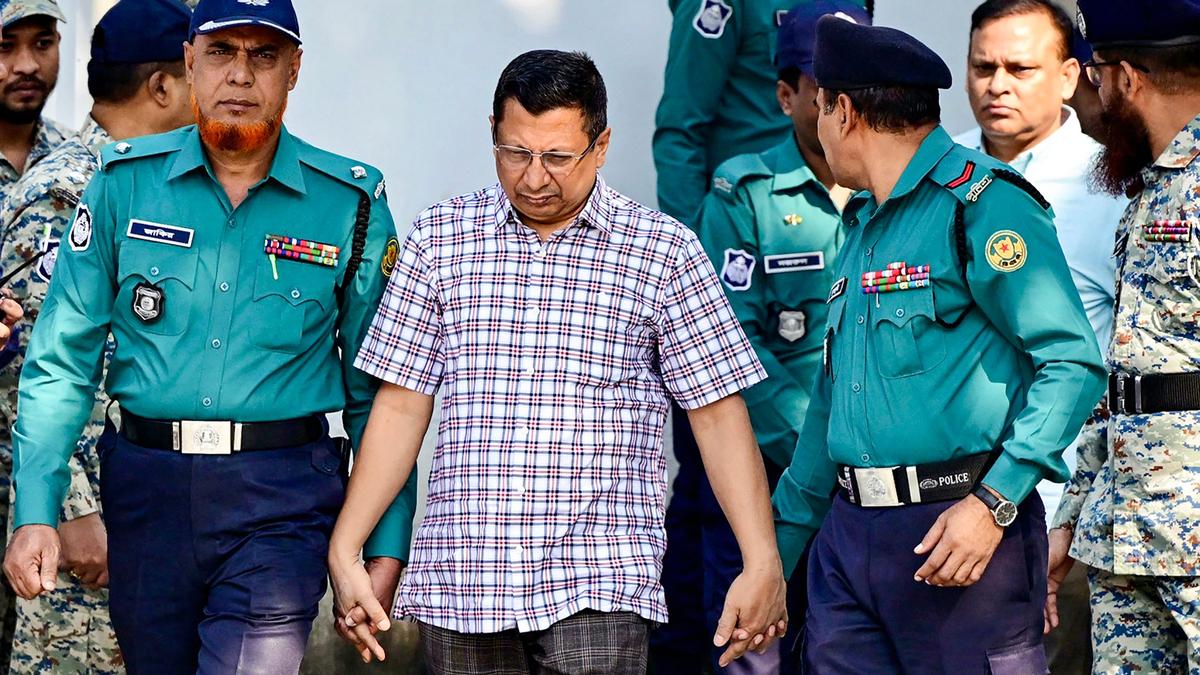A former senior Bangladesh police official, Chowdhury Abdullah Al-Mamun, who served under the ousted Sheikh Hasina government, has pleaded guilty to charges including mass killings during last year’s violent July–August protests. His plea was accepted by the International Crimes Tribunal (ICT), and he has agreed to testify as a state witness, strengthening the prosecution’s case.
The Tribunal’s Wider Legal Actions
Al-Mamun’s guilty plea is a component of a greater effort to hold people accountable. The ICT has also indicted Sheikh Hasina in absentia on five counts of crimes against humanity related to the protest crackdown, and former Home Minister Asaduzzaman Khan faces similar charges. Trials for other senior officials began in May, marking a rapid judicial response post-government change.
Al‑Mamun Turns State Witness
Following his arrest, Al‑Mamun pleaded guilty and agreed to serve as an “approver”—a legal status under Bangladeshi law allowing a defendant to receive leniency in exchange for testimony against co-accused. His courtroom admission significantly bolsters the prosecution’s claims that state forces.
Implications for Human Rights and Politics
These court rulings come as Bangladesh’s interim government is working harder to hold past officials responsible. With Hasina and Khan in self-exile in India and facing extradition requests, the tribunal’s momentum—especially high-profile courtroom admissions—adds pressure for international cooperation.





